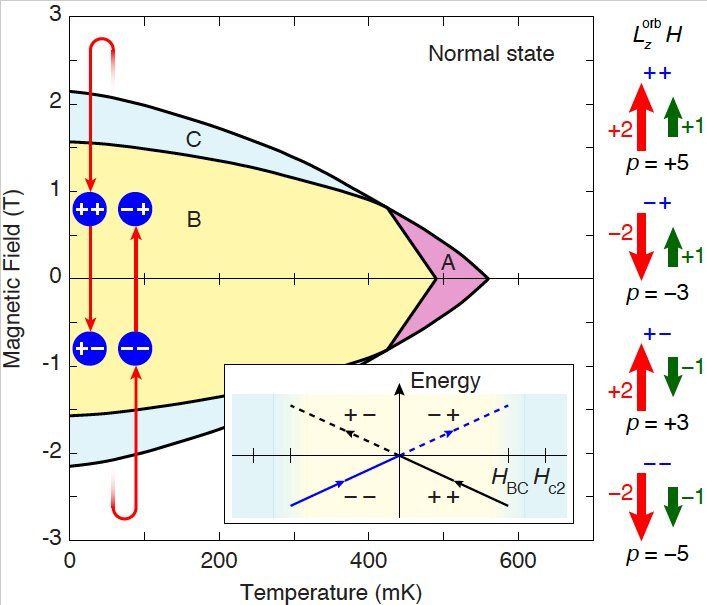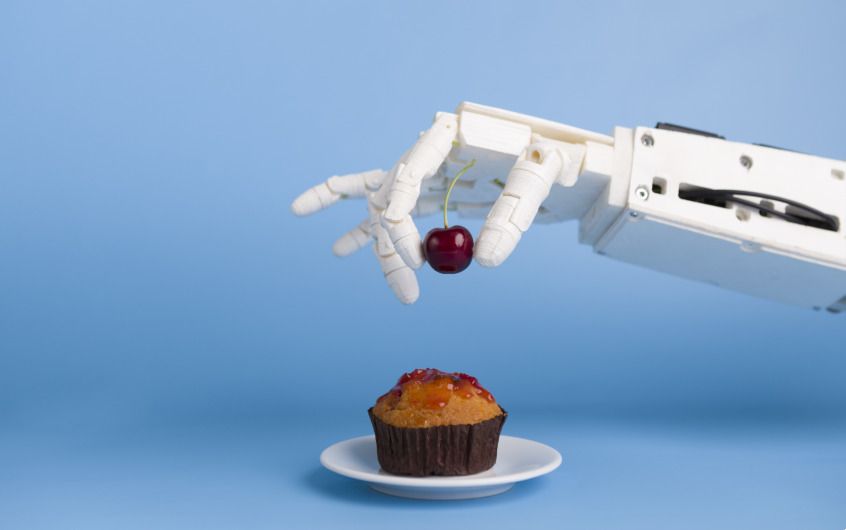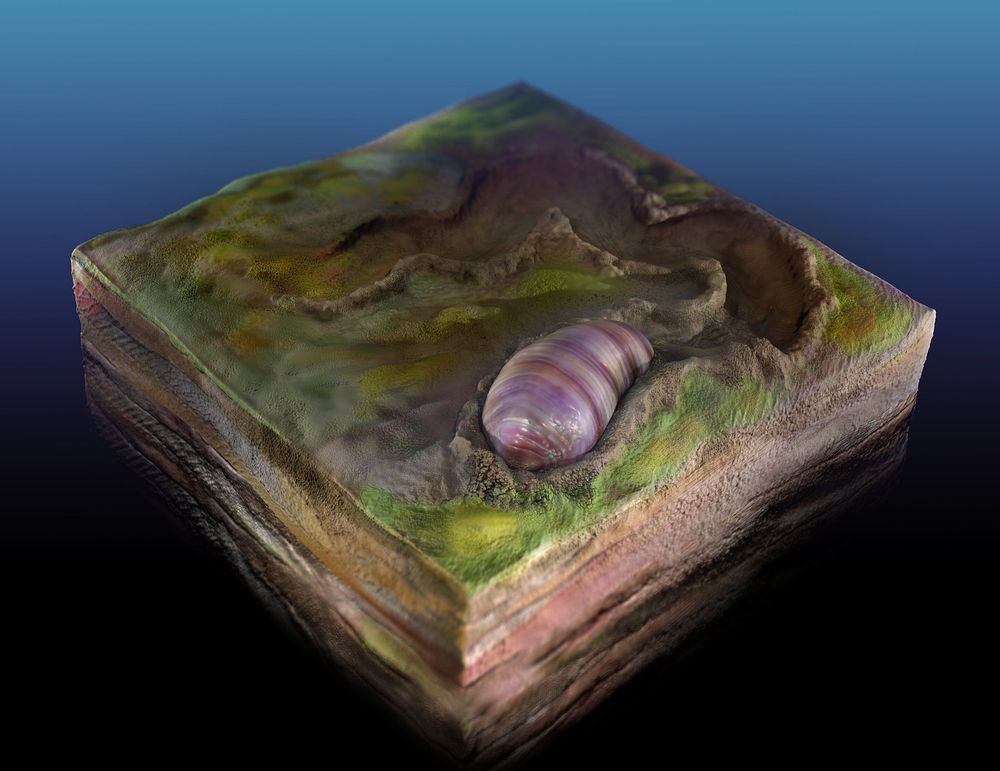Page 7741
Mar 24, 2020
From Sand to Silicon: The Making of a Microchip | Intel
Posted by Derick Lee in categories: computing, innovation
![]()
Ever wonder what’s under the hood of your favorite electronic device? The transistor is the engine that powers every Intel processor. To build a modern computer chip, our engineers place billions of these tiny switches into an area no larger than a fingernail. It’s one of mankind’s most complex feats, and it’s happening every day across Intel’s global network of chip manufacturing facilities. Check out this video to learn more about how we turn sand into the silicon chips that power the world.
Subscribe now to Intel on YouTube: http://bit.ly/1BZDtpf
Continue reading “From Sand to Silicon: The Making of a Microchip | Intel” »
Mar 23, 2020
MIT Ventilator Designed With Common Manual Resuscitator; Submitted For FDA Testing
Posted by Omuterema Akhahenda in categories: biotech/medical, robotics/AI, space

MIT’s Open Source ventilator design submitted for fast-track FDA approval. #COVID19
In many parts of the world the COVID-19 pandemic is causing shortages in hospital space, staff, medical supplies, and equipment. Severe cases may require breathing support, but there are only so many ventilators available. With that in mind, MIT is working on FDA approval of an emergency ventilator system (E-Vent). They have submitted the design to the FDA for fast track review. The project is open source, so once they have approval the team will release all the data needed to replicate it.
Mar 23, 2020
Evidence for broken time-reversal symmetry in a topological superconductor
Posted by Quinn Sena in category: materials
O,.,o woah.
Chiral superconductors are unconventional superconducting materials with distinctive topological properties, in which time-reversal symmetry is broken. Two of the first materials to be identified as chiral superconductors are UPt3 and Sr2RuO4. So far, experimental evidence for broken time-reversal symmetry in both these materials was based primarily on surface measurements collected at a magnetic field equal to zero.
Researchers at the University of Notre Dame and Northwestern University, however, recently set out to gather new evidence for the chiral superconductivity of the material UPt3, moving beyond surface measurements at conditions with a zero magnetic field. Their paper, published in Nature Physics, contains the results of truly bulk measurements of UPt3 with an applied magnetic field, which provide direct evidence of broken time-reversal symmetry in the material.
Continue reading “Evidence for broken time-reversal symmetry in a topological superconductor” »
Mar 23, 2020
Coronavirus may mean automation is coming sooner than we thought
Posted by Kelvin Dafiaghor in categories: biotech/medical, robotics/AI
This movement towards a more automated society has some positives: it will help us stay healthy during times like the present, it will drive down the cost of goods and services, and it will grow our GDP in the long run. But by leaning into automation, will we be enabling a future that keeps us more physically, psychologically, and emotionally distant from each other?
We’re in a crisis, and desperate times call for desperate measures. We’re sheltering in place, practicing social distancing, and trying not to touch each other. And for most of us, this is really unpleasant and difficult. We can’t wait for it to be over.
For better or worse, this pandemic will likely make us pick up the pace on our path to automation, across many sectors and processes. The solutions people implement during this crisis won’t disappear when things go back to normal (and, depending who you talk to, they may never really do so).
Mar 23, 2020
Coronavirus (COVID-19) Update: FDA Alerts Consumers About Unauthorized Fraudulent COVID-19 Test Kits
Posted by Nicholi Avery in category: biotech/medical
Mar 23, 2020
This model predicts the last day each state can act before the point of no return
Posted by Tracy R. Atkins in category: health
Public leaders & health officials:
The only thing that matters right now is the speed of your response.
Mar 23, 2020
Ancestor of all animals identified in Australian fossils
Posted by Quinn Sena in category: futurism
A team led by UC Riverside geologists has discovered the first ancestor on the family tree that contains most familiar animals today, including humans.
The tiny, wormlike creature, named Ikaria wariootia, is the earliest bilaterian, or organism with a front and back, two symmetrical sides, and openings at either end connected by a gut. The paper is published today in Proceedings of the National Academy of Sciences.
The earliest multicellular organisms, such as sponges and algal mats, had variable shapes. Collectively known as the Ediacaran Biota, this group contains the oldest fossils of complex, multicellular organisms. However, most of these are not directly related to animals around today, including lily pad-shaped creatures known as Dickinsonia that lack basic features of most animals, such as a mouth or gut.
Mar 23, 2020
China’s supersonic submarine, which could go from Shanghai to San Francisco in 100 minutes, creeps ever closer to reality
Posted by Quinn Sena in categories: energy, military
O.,o circa 2014.
Researchers in China are reporting that they’ve taken a big step towards creating a supersonic submarine. This technology, which could just as easily be applied to weaponized torpedoes as military or civilian submarines, could theoretically get from Shanghai to San Francisco — about 6,000 miles — in just 100 minutes. If all this doesn’t sound crazy enough, get this: This new advance by the Chinese is based on supercavitation, which was originally developed by the Soviets in the ’60s, during the Cold War.
As you may already know, it’s a lot harder for an object to move quickly through water than air. This is mostly due to increased drag. Without getting into the complexities of fluid dynamics, water is simply much thicker and more viscous than air — and as a result it requires a lot more energy for an object to push through it. You can experience the increased drag of water yourself next time you’re in a swimming pool: Raise your hand above your head, and then let it fall towards the water. (Or alternatively, if there are people sunbathing nearby, do a belly flop.)
Mar 23, 2020
Biologist discovers world’s highest-elevation mammal
Posted by Genevieve Klien in category: futurism
They had climbed for eight hours—Had it really been just eight? Nine, maybe? More?—after the avalanche risk of a snow-packed ravine on the main path had forced them onto a more circuitous, arduous route.
Up here, the summer weather of February felt uncomfortably similar to a Nebraska winter.
“Jay, hay un ratón!” (“Jay, there’s a mouse!”)
















